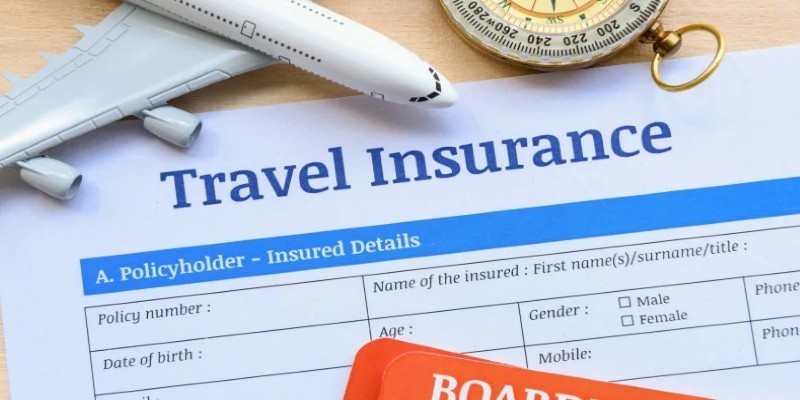Getting a home appraised is one of those things that just comes with the territory of buying or refinancing a home. Most people don't think about it until it's time to write a check for one. But understanding what you’re paying for, why it’s needed, and how much it might set you back can give you a clearer picture of the full cost of owning property. Appraisals aren’t just formalities—they’re legal safeguards and pricing checkpoints that lenders rely on. So, let's break down how much a home appraisal costs and what that number includes.
What Factors Influence a Home Appraisal Cost?
There's no flat fee for appraisals. The cost often depends on a few key details. First is location. A single-family home in a rural area might have fewer comparable sales nearby, which means the appraiser may need more time and effort to do the research. In contrast, appraising a similar home in a city with many comparable sales might be more straightforward and cheaper.
The size and condition of the home also matter. A small condo will generally cost less to appraise than a sprawling five-bedroom house with outbuildings or acreage. Homes with complex features, such as in-law units or recent renovations, may also take more time and detail to evaluate, raising the appraisal fee.
Another factor is timing. Expect to pay extra if you're in a hurry and need a rush appraisal. Lenders sometimes charge more for expedited services, especially during busy periods when appraisers are in high demand. And if the home is hard to access or is located in an area with few local appraisers, that scarcity can add to the price.
On average, most single-family home appraisals fall between $300 and $500, but they can rise to $800 or more in some areas or situations. Depending on market trends and appraisal demand, the average cost for more complex properties or luxury homes may be higher, often reaching $1,000 or more.
What’s Included in a Home Appraisal?
A standard home appraisal includes more than just a walk-through. It’s a structured, step-by-step process that ends with a formal report used by banks or mortgage lenders to confirm the home’s value.

An appraiser typically begins with a physical inspection. They check the home's exterior, interior, structure, layout, and square footage. They note the number of bedrooms and bathrooms, the roof condition, HVAC systems, foundation, and more. Curb appeal may be considered, but it's not a huge result driver. Updates, upgrades, and obvious deferred maintenance all go into the mix.
Next comes the comparable sales analysis, often called "comps." This is where the appraiser reviews recent sales of similar properties in the neighborhood. This part is critical, giving the market context behind your home's valuation. In some cases, appraisers will also consider the cost of rebuilding the home or using an income-based method if the property is used as a rental.
The final product is a full appraisal report, which typically includes photos, sketches, maps, and written notes. Lenders use this document to determine whether they're comfortable funding a mortgage on the home. If the appraised value is lower than the purchase price, it can create issues for buyers, like the need for a larger down payment or renegotiation with the seller.
Who Pays for It and When?
In most real estate transactions, the buyer pays for the home appraisal as part of the closing costs. The lender usually orders it, but the buyer foots the bill. The cost is often paid upfront or included in the loan estimate you receive early in the mortgage process. If the deal falls through, this fee is typically non-refundable.
In a refinance situation, the homeowner is responsible for the appraisal fee. This helps the lender determine whether the property’s value supports the new loan terms or if there’s enough equity to move forward.
Sometimes, sellers may order their appraisal to better understand their home's value before listing it, especially if the property is unique or hard to price. In those cases, the seller pays, though it's not required.
Whether a purchase or refinance, the home appraisal cost is a one-time fee. It's not recurring like taxes or insurance but is a fixed part of the loan process. Some online services claim to offer free or instant home valuations, but those are automated estimates, not formal appraisals accepted by banks.
Can You Shop Around for Lower Appraisal Costs?
While buyers often compare mortgage rates, many don't realize the appraisal fee isn't fixed across all lenders. Some lenders use appraisal management companies (AMCs) as middlemen between the lender and appraiser. AMCs may charge higher fees or take a cut, so working with a lender that doesn't use one can sometimes lower the total cost.

Even if you shop for a mortgage, the lender usually handles the appraisal process directly once you choose a lender. You typically won't get to pick the appraiser or negotiate the fee at that stage. However, asking your lender upfront about their process and whether they use an AMC can give insight into the final cost.
It's also worth knowing when an appraisal isn't needed. In some cases—especially if you're refinancing with strong equity and credit—lenders might waive the appraisal entirely. These waivers aren't common, but they do happen and save you the full appraisal fee.
Another way to manage costs is to avoid unnecessary re-appraisals. If your first appraisal expires (usually valid for 120 to 180 days), your lender may require a new one, meaning you’d pay twice. Keep your financing or sale on track to avoid paying again.
Conclusion
A home appraisal is a key part of buying or refinancing, and while the cost varies, it's usually between $300 and $500. Factors like location, property type, and urgency can shift that price. Though a one-time fee, it plays a major role in the transaction. Understanding what you're paying for helps you plan better and avoid surprises when closing the deal is time.












